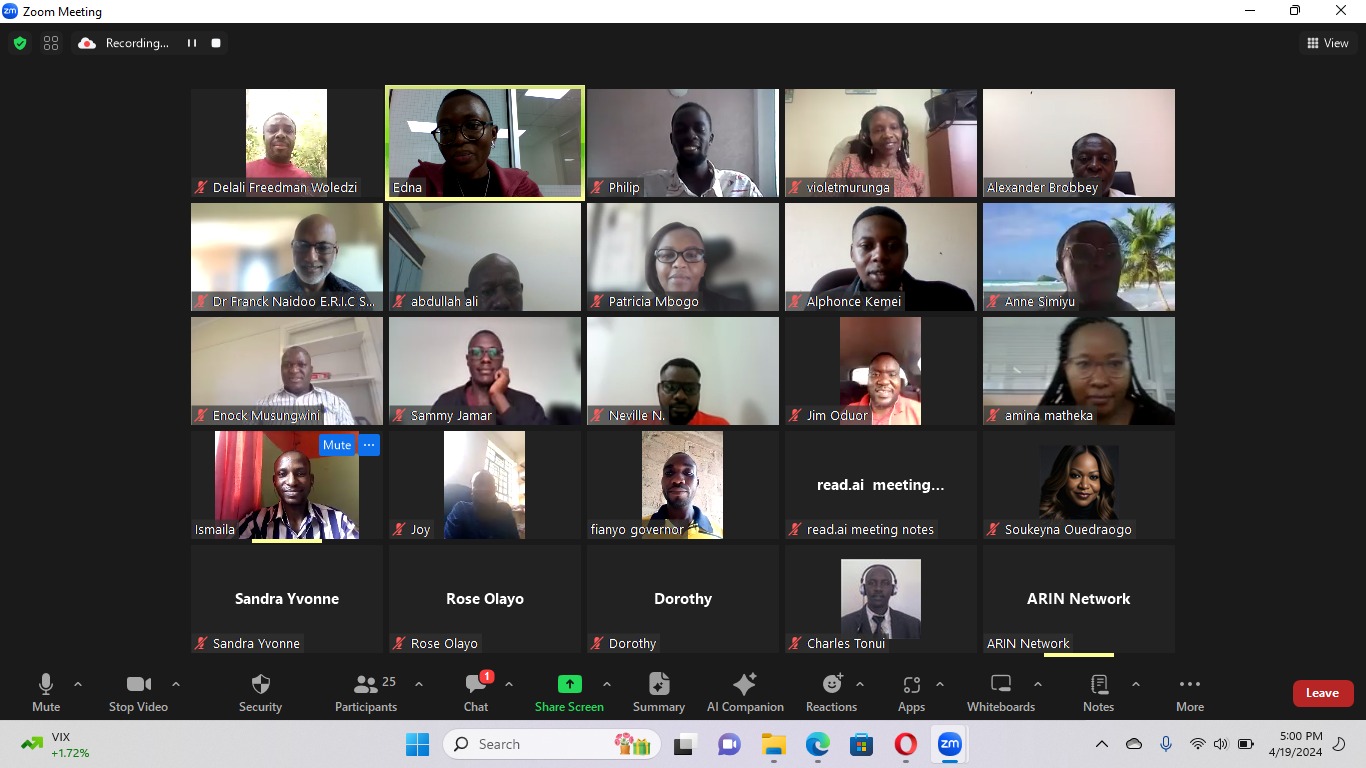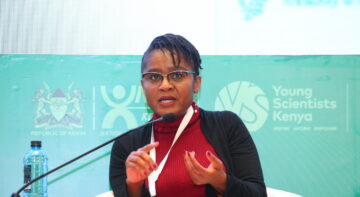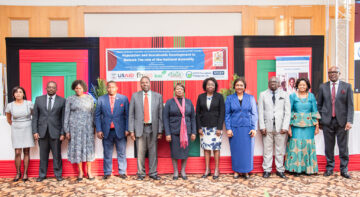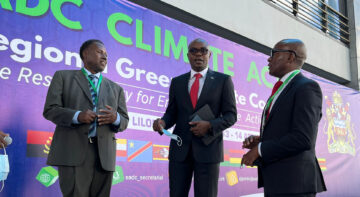News

The Anglophone Africa Learning Together to Advance Evidence and Equity in Policy-making for Achieving SDGs (LEEPS) Hub, a collaborative initiative led by the African Institute for Development Policy (AFIDEP), the Africa Research and Impact Network (ARIN), the African Institute for Health Policy and Health Systems (AIHPHS), and the School of Women and Gender Studies (SWGS) at Makerere University, recently concluded a virtual training session on Evidence-Informed Policymaking (EIP).
This intensive two-week program (April 8th to 19th, 2024) equipped over 200 researchers and policymakers from 36 African countries with the necessary skills to bridge the gap between research and policy decisions.
“Evidence plays a crucial role in driving effective development outcomes,” highlighted Dr. Joanes Atela, Executive Director of ARIN. “However, research often fails to reach its full potential due to a disconnect between researchers and policymakers. This training empowers participants to bridge this gap by strengthening research synthesis and knowledge translation skills, ultimately leading to more informed decision-making.”
The training tackled key challenges hindering EIP practices in Africa, including limited researcher-policymaker interaction, political influences, and inadequate knowledge-sharing mechanisms. Participants received tools and strategies to overcome these obstacles.
Designed specifically to prepare participants for conducting systematic reviews, the curriculum, delivered in two-hour daily virtual sessions, focused on building evidence synthesis and knowledge translation skills, according to Dr. Leyla Abdullahi, Senior Research and Policy Analyst at AFIDEP. A six-month mentorship program following the training will further refine their abilities, ensuring policy decisions are firmly grounded in empirical evidence.
“By integrating evidence into policymaking processes, governments can increase transparency and accountability,” explained Dr. Leyla Abdullahi, Senior Research and Policy Analyst at AFIDEP. “This not only leads to a more efficient allocation of resources but also fosters public trust in governance.”
Ms. Sandra Oketch, Research and Policy Associate at AFIDEP, further emphasized the importance of EIP in mitigating the influence of ideology and personal bias on policy decisions. “This training equips participants to champion evidence-driven policymaking, ultimately leading to better development outcomes across Africa.”
According to Lavendar Akinyi and Oketch who jointly coordinated the training, participants were taken through learning the basics of the meaning of evidence-informed policy, and stages of policymaking stages including evidence generation, interpreting and synthesis. In addition, they were taken through deriving key messages from the evidence and packaging the message in suitable formats to fit targeted audience using effective communication strategies that could help achieve needed policy actions.
The LEEPS Anglophone Africa Hub’s successful training program is a significant step towards strengthening research-policy linkages and promoting evidence-based decision-making across the continent. This capacity building initiative paves the way for more effective policies that address the pressing challenges facing African nations.
The LEEPS project is jointly supported by the The International Development Research Centre (IDRC), William and Flora Hewlett Foundation, and Robert Bosch Stiftung GmbH have invested CAD9.2 million into the initiative. Other partners of the initiative are R4D (Results for Development) fostering knowledge exchange and learning across the partnership and African Centre for Equitable Development (ACED) leading the West Africa Regional Hub
Related Posts





